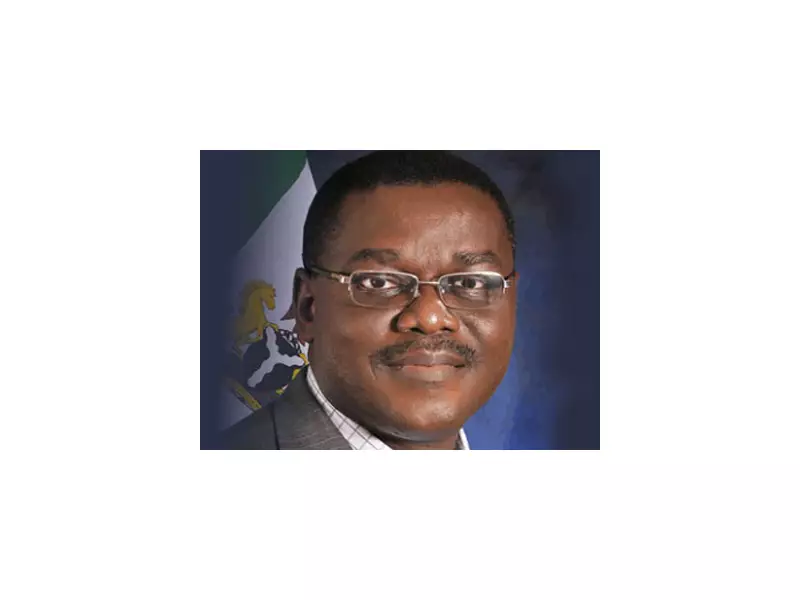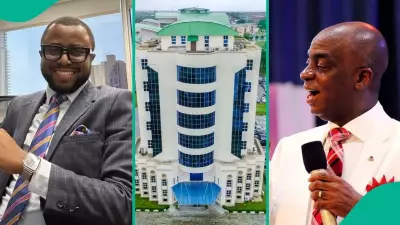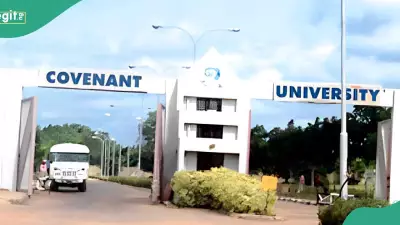
In a compelling address that resonated with educational stakeholders across Nigeria, a prominent academic leader has issued a powerful challenge to members of the Unity Schools Old Students Association (USOSA), urging them to intensify their dedication to the Nigerian development project.
A Call to National Service
The clarion call emphasizes the critical role that educated elites must play in shaping the nation's future. Through strategic interventions in the educational sector and beyond, USOSA members are being mobilized to contribute their expertise and resources toward national advancement.
Educational Excellence as Foundation
The address highlighted how quality education serves as the bedrock for sustainable development. With Unity Schools having produced numerous leaders across various sectors, the association represents a formidable force for positive change in Nigeria's educational landscape.
The challenge comes at a crucial time when Nigeria seeks to leverage its human capital for comprehensive national development. The alumni network, comprising professionals from diverse fields, possesses the collective capacity to drive meaningful progress in education and related sectors.
Strategic Priorities Outlined
- Enhanced commitment to educational infrastructure development
- Mentorship programs for current Unity Schools students
- Policy advocacy for educational reform
- Knowledge transfer and capacity building initiatives
- Strengthening alumni engagement mechanisms
The message underscores the unique position that USOSA members occupy as products of Nigeria's unified educational system. Their shared experience across ethnic and religious divides positions them ideally to foster national unity while driving development.
Building on Legacy
This renewed focus on national service builds upon USOSA's existing contributions to educational development. The association has consistently demonstrated its commitment to improving educational outcomes and creating opportunities for Nigerian youth.
The challenge represents a strategic evolution from occasional interventions to sustained, systematic engagement with Nigeria's development challenges. It calls for a more structured approach to leveraging the association's considerable human and material resources.
As Nigeria continues to navigate complex developmental challenges, the role of organized alumni networks like USOSA becomes increasingly vital. Their collective action could significantly accelerate progress toward national educational goals and broader development objectives.





